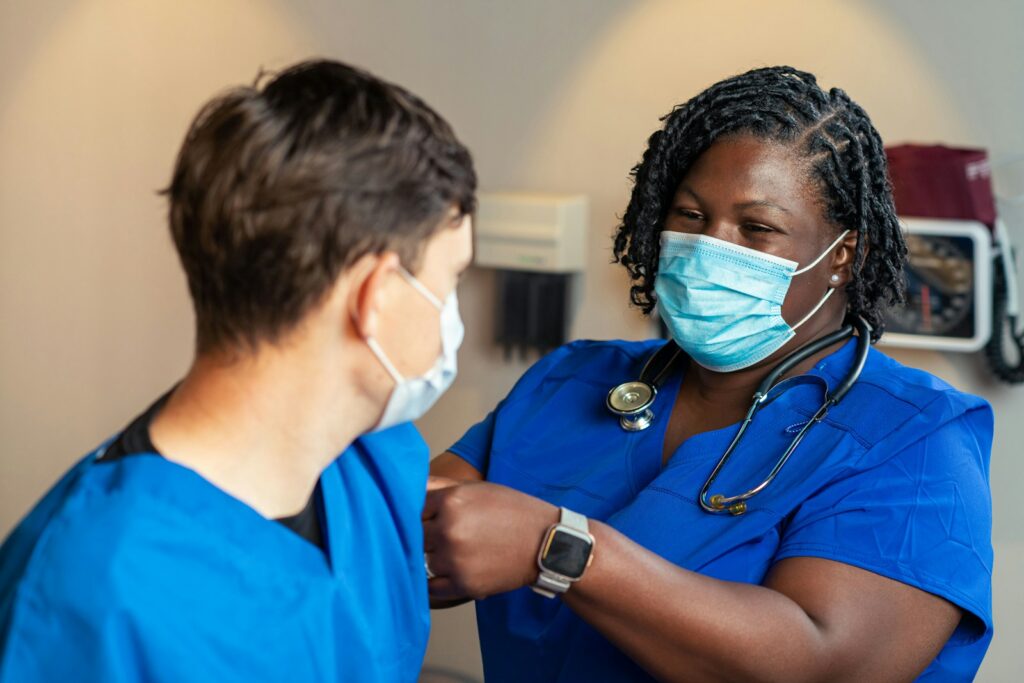
In Ontario, especially here in Cornwall, we’ve seen some positive changes in our emergency rooms. They’ve streamlined things like getting blood work, X-rays, and other tests done while you wait to see the doctor. It’s a great improvement in speeding up the overall process, but there’s something about the experience that still leaves me frustrated—our interactions with triage nurses.
In the past month, I’ve been to the ER twice. Both times, I wasn’t sure if my issue was urgent. With 30 people in the waiting room, I didn’t want to take the spot of someone who might really need help. I completely understand that more severe cases take priority. But it got me thinking: Why can’t a triage nurse tell me if my case needs to be seen right away or if it’s something that could wait?
It seems like such a simple change, but wouldn’t that one thing unclutter our waiting rooms?
Let me give you an example. I cut my finger. Not a life-threatening injury, but I went to the ER because I didn’t know if I needed stitches. It was deep enough. The bleeding had stopped but I wasn’t sure if Sani-Strips would be enough or if I’d need a doctor’s care. I spoke to three different triage nurses, and none of them would give me a straight answer. Now, you and I both know that a nurse knows if a cut needs stitches or not.
Finally, the third nurse offered to patch it up with Sani-Strips. I decided to leave and see a doctor at a clinic the next day. It turned out I didn’t need stitches, so I made the right call. But why was it such a process to get a simple answer?
Yesterday, I found myself back in the ER with my child, who was having chest pains. This isn’t unusual—they’ve been diagnosed with anxiety, and sometimes it presents like this. But this time, the pain was more severe and had lasted a few days. So, just to be sure, I went to the ER. Within 30 minutes, they had an ECG done. That’s amazing efficiency, and I’m grateful for that. But again, I ran into the same issue—no one would give me their opinon.
Now, I know nurses aren’t trained to read ECGs, but with the technology we have today, I’m pretty sure the machine flags when there’s something wrong. I asked the nurse, “If I leave, will they call me if something is wrong?” The answer? “Probably,” strongly hinting that my child wouldn’t be “bumped up.”
So I left, hoping for the best, and I’ll make an appointment with our family doctor—if he’s still practicing.
I get that there are liability concerns. Nurses aren’t doctors, and they can’t officially diagnose or treat. But what am I missing? Isn’t the main role of a triage nurse to assess and rank your condition? They’re the ones sorting patients by priority, so why can’t they let us know if something truly requires immediate attention or if it’s okay to go to a clinic or try a virtual doctor? Why not equip us with this information, then let us make the decision. Make us sign something if you have to!
Or, here’s an idea: what if a nurse practitioner were on site, supervising and offering guidance? A nurse practitioner has the training and authority to assess and even treat minor conditions. They could help alleviate some of the burden on ER doctors while also offering real-time support to the triage nurses. This would allow for quicker decisions and help patients like me figure out if we truly need to stay or if we’re safe to seek care elsewhere.
Wouldn’t this small change—just giving us a bit more guidance—relieve so much pressure on our overburdened ER system? Instead of sitting in a crowded waiting room, unsure of whether to stay or go, wouldn’t it be better if the people there actually needed to be there?
I think we can all agree that emergency rooms need to focus on the most critical cases. But letting nurses and nurse practitioners offer more advice could go a long way toward making our ERs more efficient for everyone.













